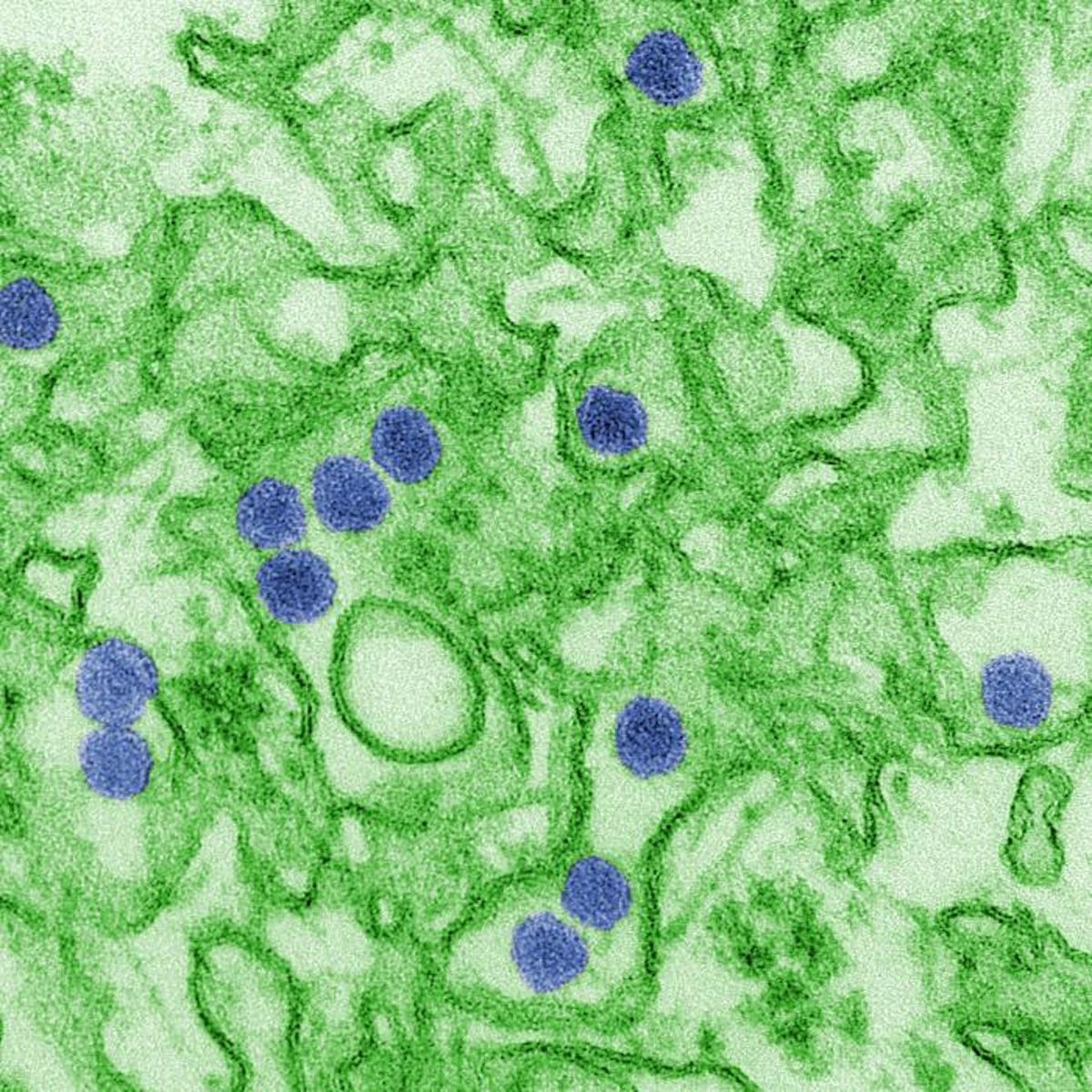Zika Virus Was in Brazil a Year Before It Was Detected

The Zika virus was likely circulating in Brazil for more than a year before it was detected, according to a new genetic analysis of a small number of Zika samples from Brazil.
Researchers also found that the Brazilian outbreak likely started from a single introduction of the virus into the Americas, in mid-2013. Airline data from that time show an upsurge in the number of people traveling to the country, particularly from areas where Zika was circulating. Moreover, the timing lines up with when Zika virus outbreaks were occurring in the Pacific islands.
The findings suggest that, contrary to previous speculations, fans who attended the FIFA World Cup or a championship canoe race, held in Brazil in 2014, aren't to blame for bringing the virus into the country. Most likely, the virus arrived before these events, and was circulating in Brazil for months without being recognized, the researchers found. [Zika Virus News: Complete Coverage of The Outbreak]
The high degree of genetic similarity among the samples that the researchers looked at in their study points to a single introduction of the virus. And, by considering both the small genetic differences among the virus samples, and the average rate at which such genetic changes are expected to happen, the researchers were able to calculate that the introduction happened sometime in 2013.
"If the Zika virus epidemic in Brazil did, indeed, arise from a single introduction, then the virus must have circulated in the country for at least 12 months prior to the first case being reported in May 2015," the researchers wrote in the study, published today (March 24) in the journal Science.
Martin Hibberd, a professor of emerging infectious diseases at London School of Hygiene & Tropical Medicine who was not involved in the new study, noted that "the introduction of one Zika virus leading to a widespread outbreak may seem surprising."
"However, the modeling of other Zika outbreaks, and also the highly-related Dengue outbreaks, suggest that this is not unusual," Hibberd said. "In the right conditions, with sufficient mosquitoes and closely packed humans, the virus can spread rapidly."
Sign up for the Live Science daily newsletter now
Get the world’s most fascinating discoveries delivered straight to your inbox.
Zika virus was first identified in rhesus monkeys in Uganda in 1947, and the first human cases were reported in 1952. Since then, Zika outbreaks have occurred in Africa and Asia, according to the World Health Organization. Between 2013 and 2014, outbreaks of the virus were reported in several Pacific islands, including French Polynesia and Tahiti.
In May 2015, Brazil became the first country in the Americas to report a Zika virus outbreak. So far, about 30,000 cases have been reported in Brazil, and outbreaks have also been seen in several other countries in South and Central America, and the Caribbean.
The aim of the new study was to understand when and how Zika virus entered the Americas. The researchers analyzed the Zika gene sequences from seven samples of the virus collected in Brazil, including one from a blood donor, one from a fatal adult case and one from a newborn with microencephaly, a congenital condition linked to the virus.
They also looked at airline flight data from all of the countries with reported Zika virus outbreaks between 2012 and the end of 2014.
They found little genetic variability among the samples. Moreover, a comparison of these sequences to other existing Zika genome sequences from samples taken in nine other countries revealed that the samples collected in the Americas were closely related to each other and share an ancestor with the Zika strain that circulated in French Polynesia in November 2013.
Similarities among the seven samples from Brazil suggest that all of the cases were caused by viruses with a single origin, meaning the virus made a single introduction into the region, the researchers said.
Oliver Pybus, an evolutionary biologist at the University of Oxford in the United Kingdom and a co-author of the study, told Science that someone infected during the 2013 Zika epidemic in French Polynesia might have introduced the virus to Brazil.
The researchers found that the timing of the virus's likely introduction to Brazil, as revealed by their genetic analysis, coincided with a surge in the number of travelers arriving in Brazil from Zika-affected countries. There were 3,775 passengers per month entering Brazil in early 2013, but 5,754 monthly travelers a year later.
Zika is spread by mosquitoes in the Aedes genus, which live on almost every continent. Most people infected with Zika virus don't have symptoms. [The 9 Deadliest Viruses on Earth]
People who travel to another part of the world may be bitten by mosquitoes, thus beginning a new chain of transmission in that region.
Before Zika was detected in Brazil, cases could have been mistaken for dengue fever or chikungunya, which produce very similar symptoms. "It's very hard to distinguish these three illnesses from each other," said Dr. Amesh Adalja, an infectious-disease specialist at the University of Pittsburgh who wasn't involved with the new study.
"This is something that people had suspected — that maybe the virus was circulating for a while before the cases were reported," Adalja told Live Science.
Follow Live Science @livescience, Facebook & Google+. Originally published on Live Science.


Controversial black hole radiation first described by Stephen Hawking may have changed the shape of the universe, study hints

Silent X chromosome genes 'reawaken' in older females, perhaps boosting brain power, study finds

Weird repeating explosion beyond the Milky Way is one of the hottest blasts scientists have ever seen






